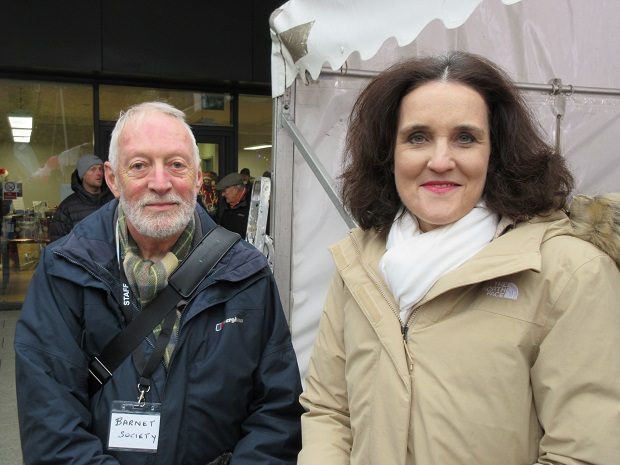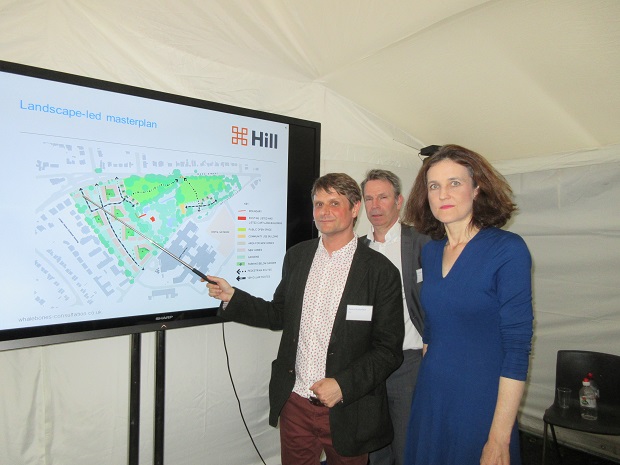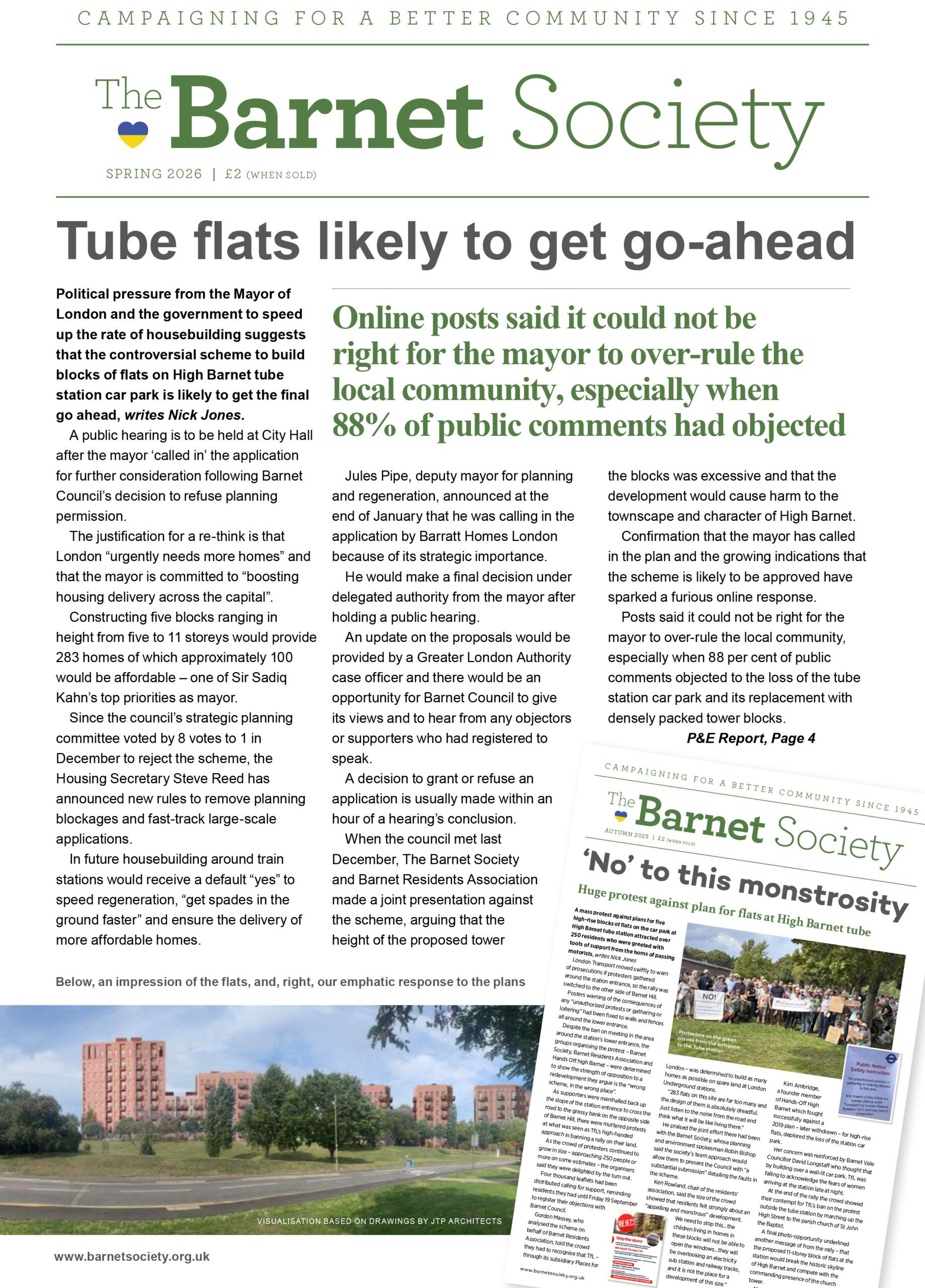Theresa Villiers succeeds with fellow Conservative MPs in thwarting government-imposed housing targets

Local authorities will have greater freedom about implementing government housing targets following a Conservative revolt in the House of Commons led by the Chipping Barnet MP Theresa Villiers.
A change of mind by the Levelling-Up Secretary Michael Gove will give councils such as the London Borough of Barnet more control over the siting and size housing developments — especially in sensitive areas close to conservation areas and the Green Belt.
Instead of imposing mandatory house building targets – to force councils to meet the Conservatives’ manifesto pledge to build 300,000 new homes a year – the government backed down in the face of a parliamentary rebellion.
But Mr Gove insists the flexibility that he is now allowing, combined with reform of the planning system, will still give the government every chance of meeting its promise to deliver more housing for younger people.
Ms Villiers thanked Mr Gove for listening to an alliance of over 100 like-minded Conservative MPs.
“Residents’ groups in Barnet – as well as many rural and suburban constituencies across England – have despaired at the top-down, developer-led process which so often seems to have ridden roughshod over the wishes of local people and the genuine need of communities.”
She will have an opportunity to explain the stand she took – and to defend herself against fears that fewer homes might be built — at a question-and-answer session in the New Year which is being organised by the Barnet Society.
Robin Bishop, who leads for the society on planning issues – seen above with Ms Villiers – added his welcome to Mr Gove’s decision to relax government housing targets.
“This should ease the pressure to cram as many homes as possible onto sites such as Whalebones and High Barnet Station.
“The society welcomes both the penalties for developers who have been slow to build the thousands of homes for which they have already secured planning permission and the stronger government support for the use of brownfield sites instead of Green Belt land.”
Mr Bishop said the society can claim a bit of credit for the government’s change of tack.
Along with the London Green Belt Council, the society had long supported Ms Villiers and other MPs who have campaigned for modifications to the Levelling-Up and Regeneration Bill.
The Q&A which the society is organising – to be held on Tuesday 21 February 2023 – will offer local politicians a chance to address issues such as the shortage of social housing.
It will be followed by a discussion with local architects on the design and siting of potential development schemes within the locality.
Ms Villiers, together with Bob Seely, MP for the Isle of Wight, led the parliamentary campaign to persuade the government to amend the planning rules so that councils which are subjected to genuine restraints will be permitted to reduce their housing targets.
“This will apply if meeting the centrally determined target would significantly change the character of an area, for example from suburban to high-rise urban.
“These reforms will rebalance the planning system and give local communities a greater say over what is built in their neighbourhood.
“The compromise we have secured shows that positive change can be achieved through the scrutiny of backbench MPs.”

During the recent debate and discussion at the House of Commons over housebuilding targets, Ms Villiers – seen here during consultation in 2018 over much-disputed proposed building at Whalebones — has herself been the target of some robust reporting from parliamentary sketch writers.
John Grace in The Guardian said the Chipping Barnet MP had become “St Theresa, the patron saint of nimbyism” – a jibe that was expanded upon by Yasmin Alibhai-Brown in the I newspaper, who said the MP had rounded up “a posse of 50 nimbies to agitate against new housing in their fair and leafy constituencies”.
Quentin Letts, sketch writer for The Times, was a little more circumspect:
“Theresa Villiers…is not one of parliament’s show-ponies…She represents a Metroland seat but is hardly the Evita of Chipping Barnet.”
When asked what she thought of being characterised in this fashion, Ms Villiers told the Barnet Society she tried to avoid reading the ripostes of the parliamentary sketch writers but had no qualms about having been at the forefront of a backbench rebellion.
Her aim had been to rebalance the planning system and the planning inspectorate so that it respected local decision making and the views of local communities.

